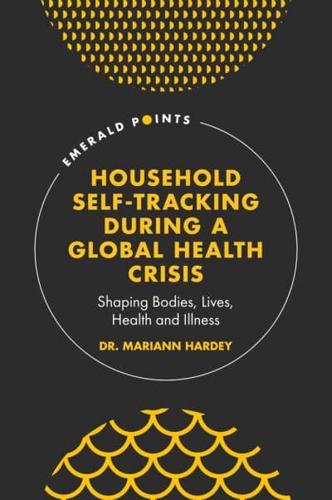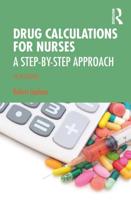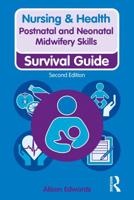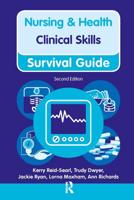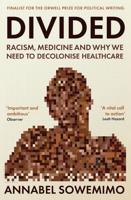Publisher's Synopsis
Self-tracking is a rapidly growing area of study and will play an important role in the future of how we understand health change and responsibility. Understanding the personal and social dimensions of tracking within households improves our understanding of health consumption and knowledge, particularly during significant global crises. Ignoring the household context of health or focusing solely on individual tracking behaviour is no longer an option.
Household Self-Tracking During a Global Health Crisis provides a comprehensive and straightforward account of deeper health narratives managed through data tracking within households formed during a global health crisis. The book examines the contextual, personal, and social factors surrounding health tracking, including the commercialization of Covid19 health tracking, public data tracking, and health-surveillance issues, from a social science perspective. Inequalities in health, as well as expanded concepts of fitness and illness management, are highlighted as part of a significant shift in how we understand and integrate home health regimes, and how this is made possible by the incorporation of household biometric data tracking.
Household Self-Tracking During a Global Health Crisis will assist researchers interested in self-tracking and health technologies, as well as postgraduate students studying psychology, medicine, social science, and business. Hardey explores several personal insights as well as research which may be unfamiliar to some social scientists, helping situate new perspectives and understanding.


